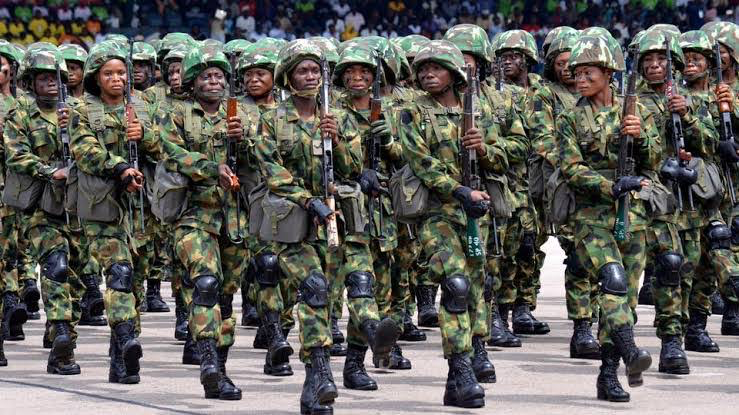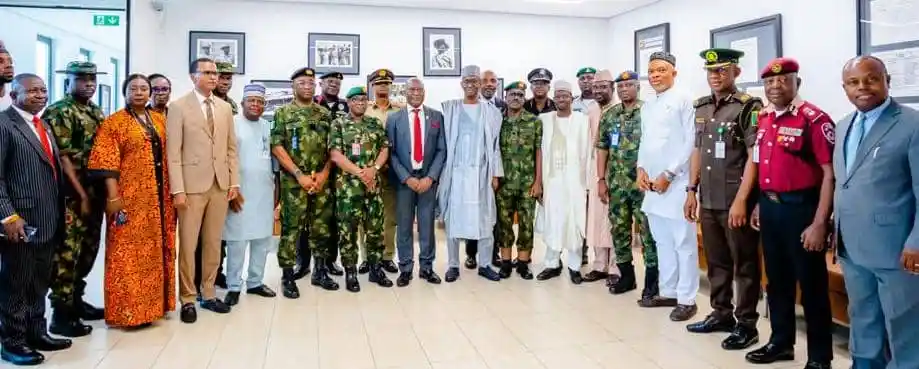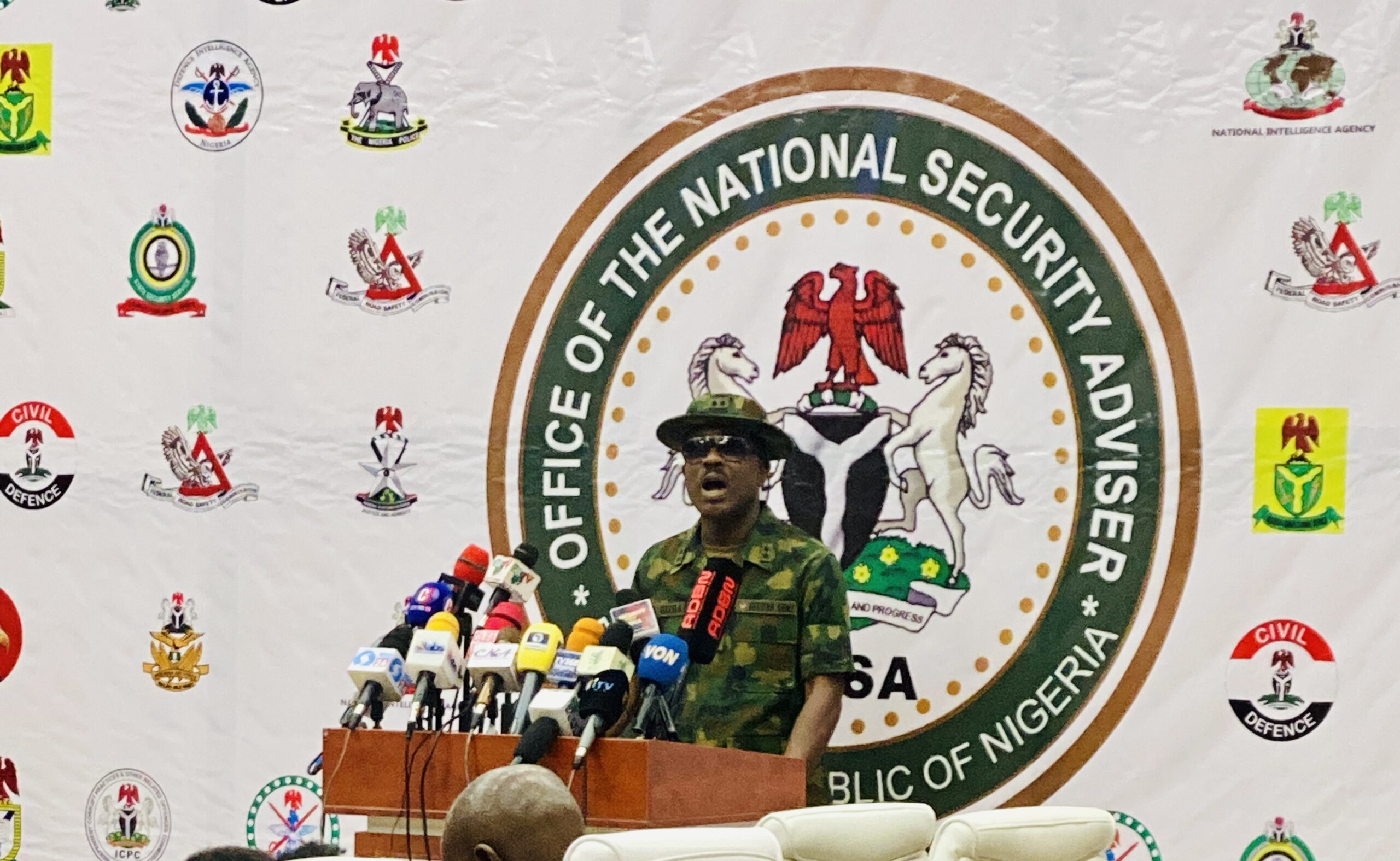Ending the Cycle of Violence Against Nigerian Security Forces
The recent spate of violent attacks on Nigerian security forces has become a matter of grave concern, not only for the government but for every citizen who values peace, security, and national integrity. The Centre for Crisis Communication (CCC) has vociferously condemned these recurring assaults, which have led to the tragic loss of numerous lives and the degradation of personnel who put their lives on the line for the safety of the nation.
In a heartfelt statement signed by its Chairman, Major General Chris Olukolade (Rtd), the CCC expressed its deep concern for the safety and well-being of troops across the country. Recent incidents have highlighted the brutal reality faced by our security forces: the murder of 17 Nigerian Army personnel and 7 police officers in Delta State, and the ambush and killing of 5 soldiers in Abia State by suspected members of the Indigenous People of Biafra (IPOB). These heinous acts are not just attacks on individuals; they are direct assaults on the fabric of our national security.
The CCC extended its condolences to the families of the fallen heroes and expressed its appreciation for their ultimate sacrifice. The Centre’s sympathy also extended to the families of the deceased civilians caught in the crossfire, reinforcing the idea that the pain of these losses is shared by the entire nation. In recognizing the sacrifices made by security personnel, the CCC highlighted their indispensable role in maintaining national unity and strength.
President Bola Tinubu has also voiced strong condemnation of these attacks, reflecting the government’s stance on this pressing issue. However, the CCC has called for more robust action from the government to halt the trend of violence against security forces and to ensure that perpetrators are held accountable. This is a call that must be heeded if we are to preserve the integrity and morale of our security forces.
The commitment of Nigerian security forces to defending the country and promoting peace, both domestically and globally, is beyond question. Their unwavering dedication deserves the highest respect and gratitude from all Nigerians. Yet, respect alone is not enough. Concrete measures must be taken to ensure their safety and to deter future attacks.
One cannot ignore the broader implications of these attacks. Each act of violence against security forces undermines the rule of law and weakens the state’s capacity to protect its citizens. It emboldens criminal elements and sows fear and uncertainty among the populace. Thus, addressing this issue is not only about protecting our security personnel; it is about safeguarding the very essence of our national security.
The government must, therefore, intensify its efforts to bring perpetrators to justice. Swift and decisive action is necessary to send a clear message that such violence will not be tolerated. This includes not only legal repercussions but also enhancing intelligence and operational capabilities to prevent such attacks from occurring in the first place.
Furthermore, the Nigerian troops must continue to uphold the highest standards of professionalism and responsibility in their operations. Maintaining discipline and adhering to rules of engagement are critical to ensuring that their actions do not inadvertently contribute to the cycle of violence. By doing so, they can uphold the trust and confidence of the communities they serve.
It is also essential to foster better communication and understanding between security forces and local communities. Misunderstandings and mistrust can often lead to conflict, and efforts should be made to bridge these gaps. Community engagement and dialogue can play a crucial role in building a more cohesive and cooperative relationship, reducing the likelihood of confrontations and attacks.
In conclusion, the senseless attacks on Nigerian security forces are a national tragedy that requires urgent and comprehensive action. The government, security agencies, and the public must work together to address this issue and ensure that our security personnel are protected and valued. The sacrifices made by our troops in the line of duty are immeasurable, and it is incumbent upon us to honor their commitment by doing everything in our power to end this cycle of violence. Only then can we hope to achieve lasting peace and stability in our nation.
The Centre for Crisis Communication’s plea for an end to these attacks is a clarion call to action. It is a reminder that the security and well-being of our nation depend on the respect and protection of those who serve to defend it. Let us rise to this challenge and ensure that their sacrifices are not in vain.
Abdulhamid Abdullahi Aliyu



